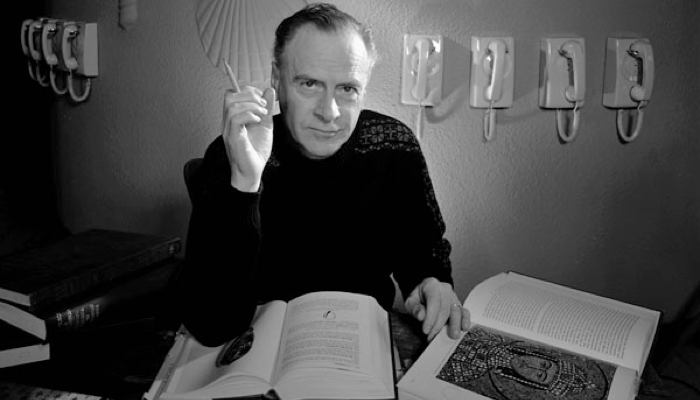Marshall McLuhan was right

Everyone understands, to some degree, the impact that technology has on our lives. However, if you are an avid reader of “idea” books (for lack of a better word), then you also know that some people understand it poorly at best.
Take, for example, the book The Shallows by Nicholas Carr. Carr argues that the Internet has reduced our ability to carefully reason through problems and use our imagination. And plenty of people have taken the time to carefully point out the flaws in his views. And you can do it easily - just take a few moments to reflect on what you do to accomplish some of the small tasks you perform today. Now think of those same small tasks 20 years ago, and what you had to do to accomplish them back then - you’ll see a world of difference.
Technology hasn’t made us lazier - it has enabled us to do more with less, and in the process has changed the way that we approach problems. To learn about chemical oxidation today, we just need to Google it and view the web pages and videos available (Wikipedia, Youtube, Khan academy, etc.). We can do this immediately as the desire arises, and our approach to research has adapted as a result. To do the same 20 years ago, you had to write down your research topic(s), go to a library, locate and read books on the topic. There was a lot of incubation time to formulate thoughts as a result, but today we’ve evolved beyond that need for incubation time - in other words, we are allowed to think faster today! And yes, we use the Internet for silly things too, just as we used chestnuts and string for silly things 20 years ago.
The key thing to remember is that technology allows us to perceive things differently, and this ultimately shapes our society. Today, we don’t have the early 1990s society plus the Internet, we have a whole new society…..a whole new way of thinking and playing. If you took away the Internet, you’d still have today’s society, but without the technology that shaped it. This is something that Nicholas Carr, and many others, don’t understand. It’s Luddism.
Now, on the flip side, there are people who have always understood this. For example, Marshall McLuhan, argued that a medium (technology) is essentially an extension of ourselves, and that the medium allows us to do things differently. In other words, the medium is the message. McLuhan was one of the first people to get others thinking about how a medium such as print, television, film, and music affects society.
McLuhan died in 1980 - long before the computing, video game, Internet, and mobile revolutions. However, the same principles apply to new media today - such as web pages, apps, video games, mobile devices, etc. Each of these new media allow us to experience information in an entirely new and interactive way, rather than just read about it, or watch it on a television screen. Video games are interactive learning tools beyond anything we could comprehend in 1980. Apps and Internet content such as web pages not only allow us to digest content, they allow us to immediately share our views on that content, as well as modify or expand upon it….globally. With today’s technology, the medium is very clearly the message! I’m sure McLuhan would have loved to see today’s society…..after all, he predicted it ;-)